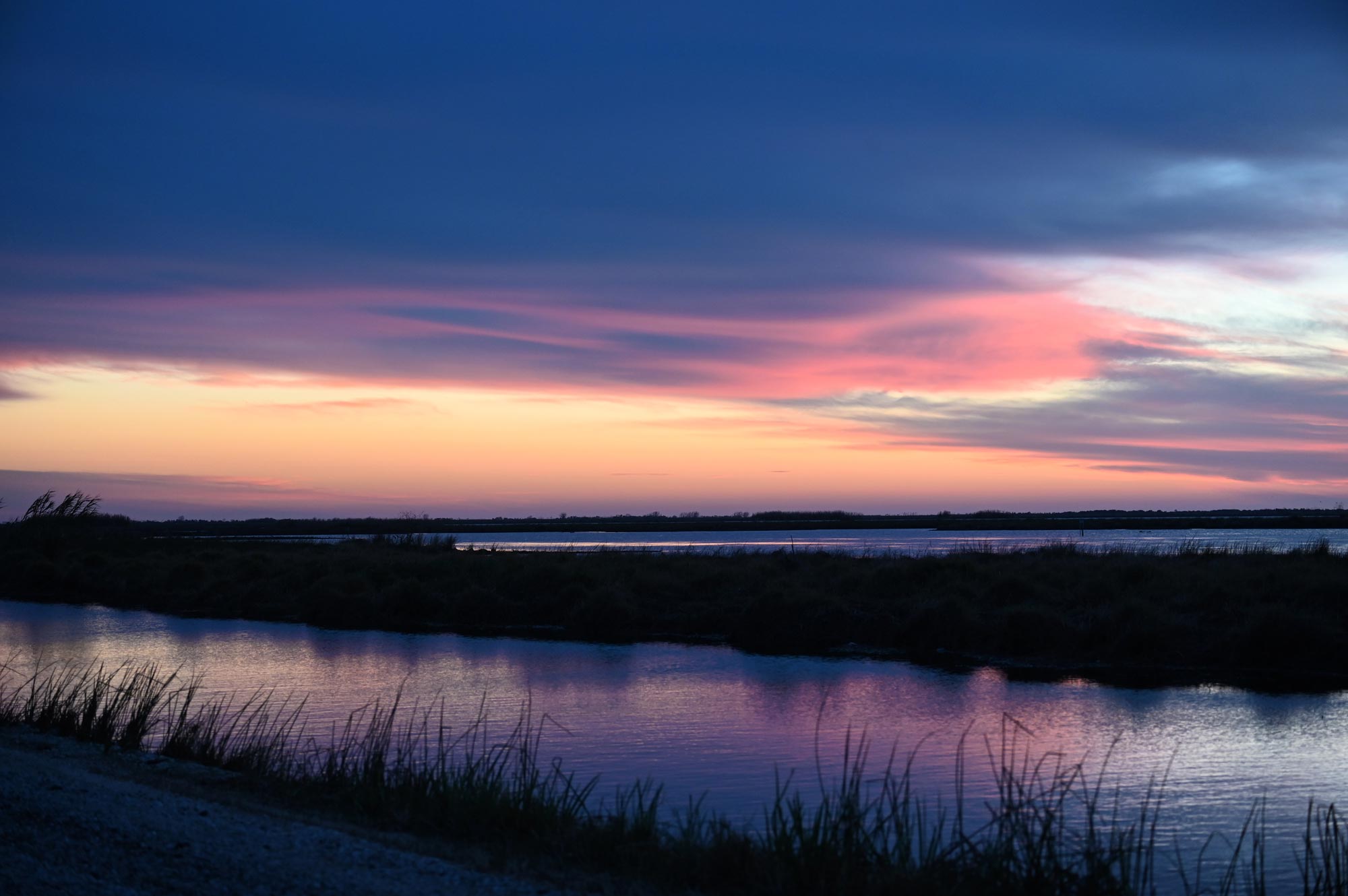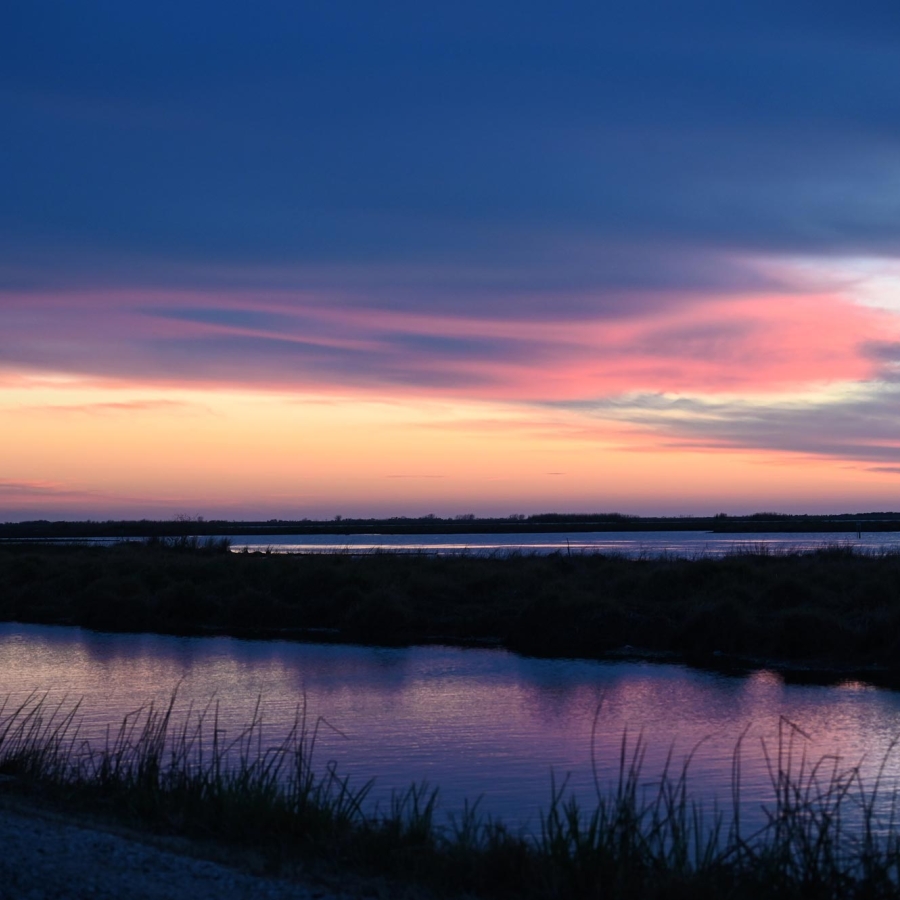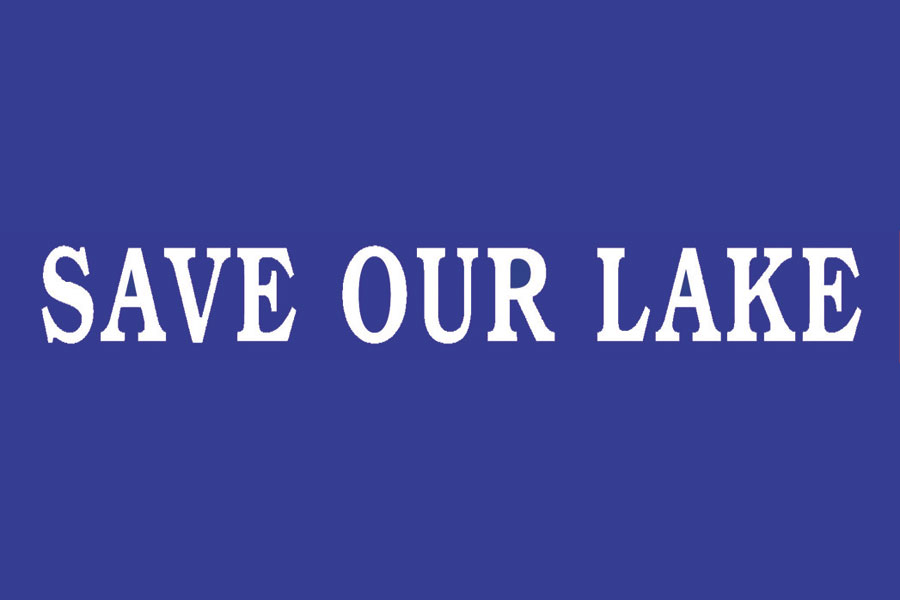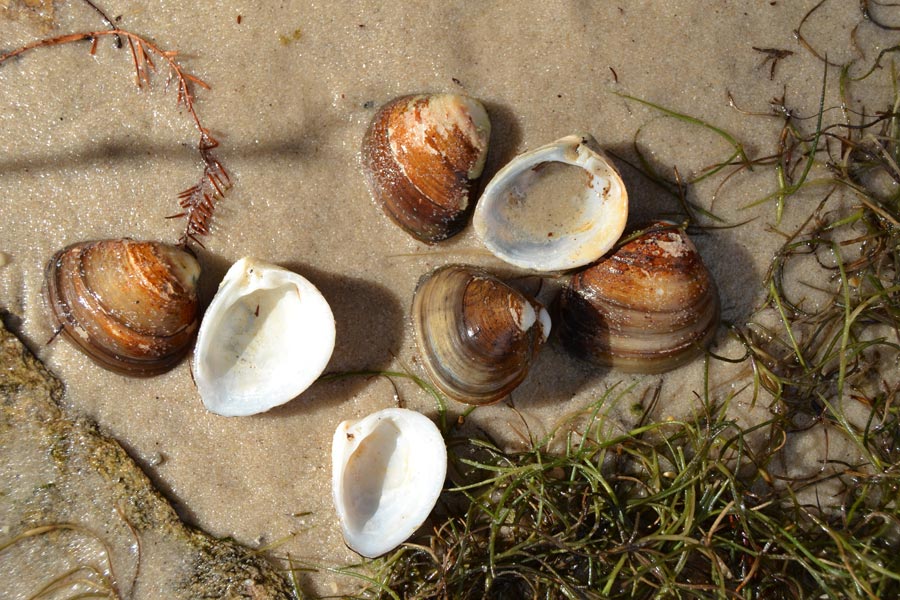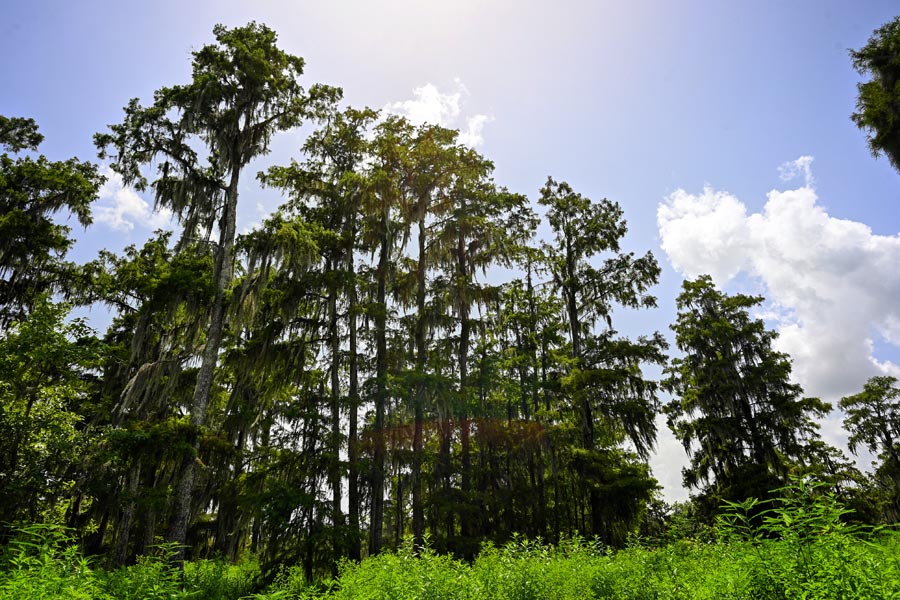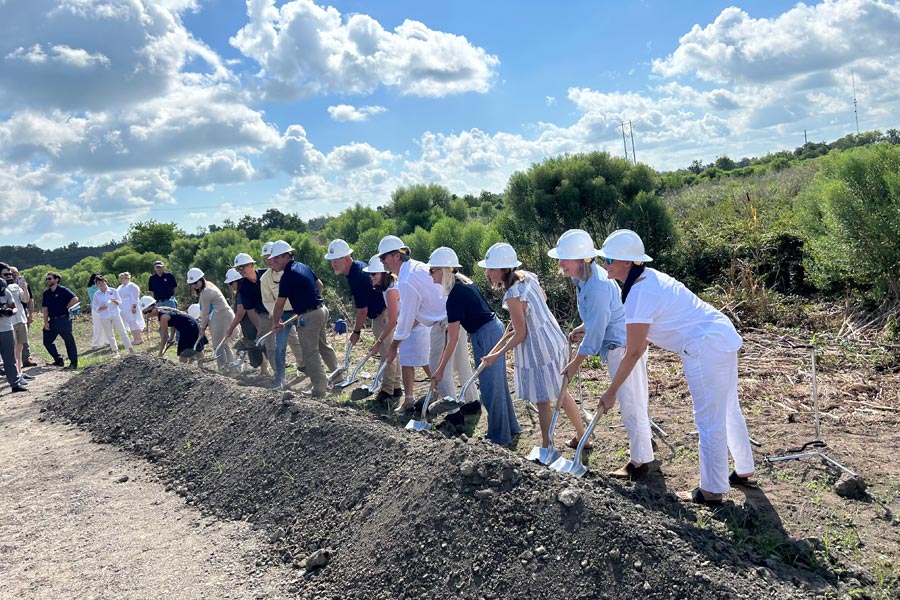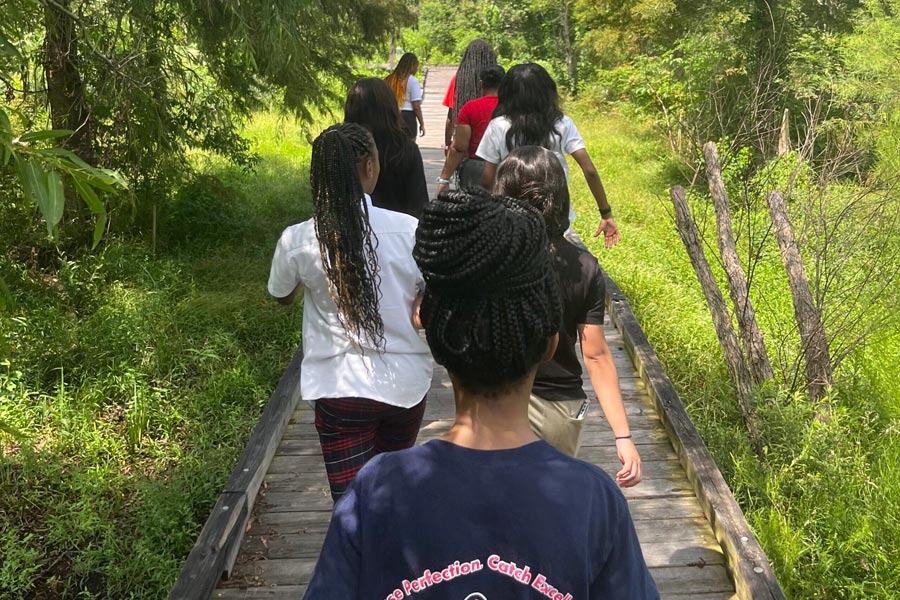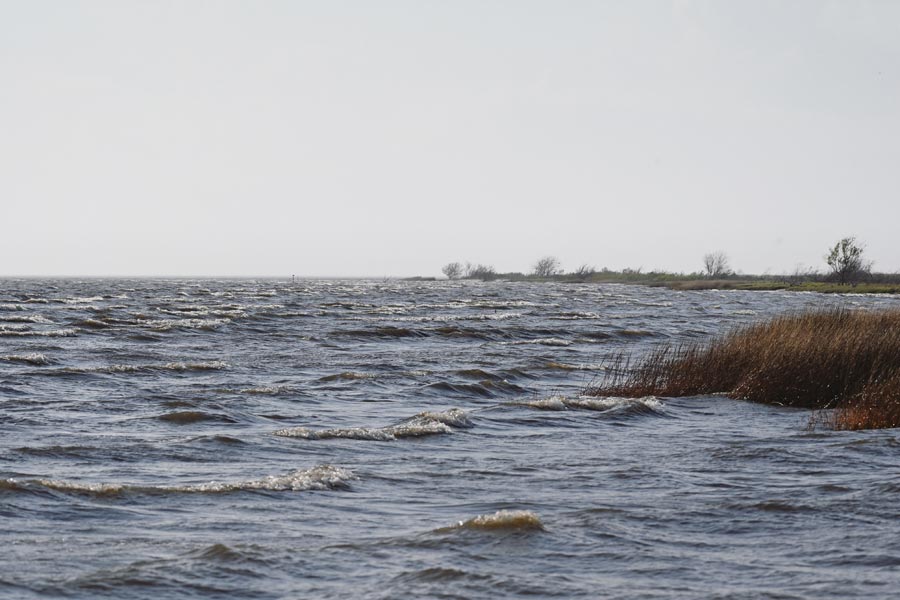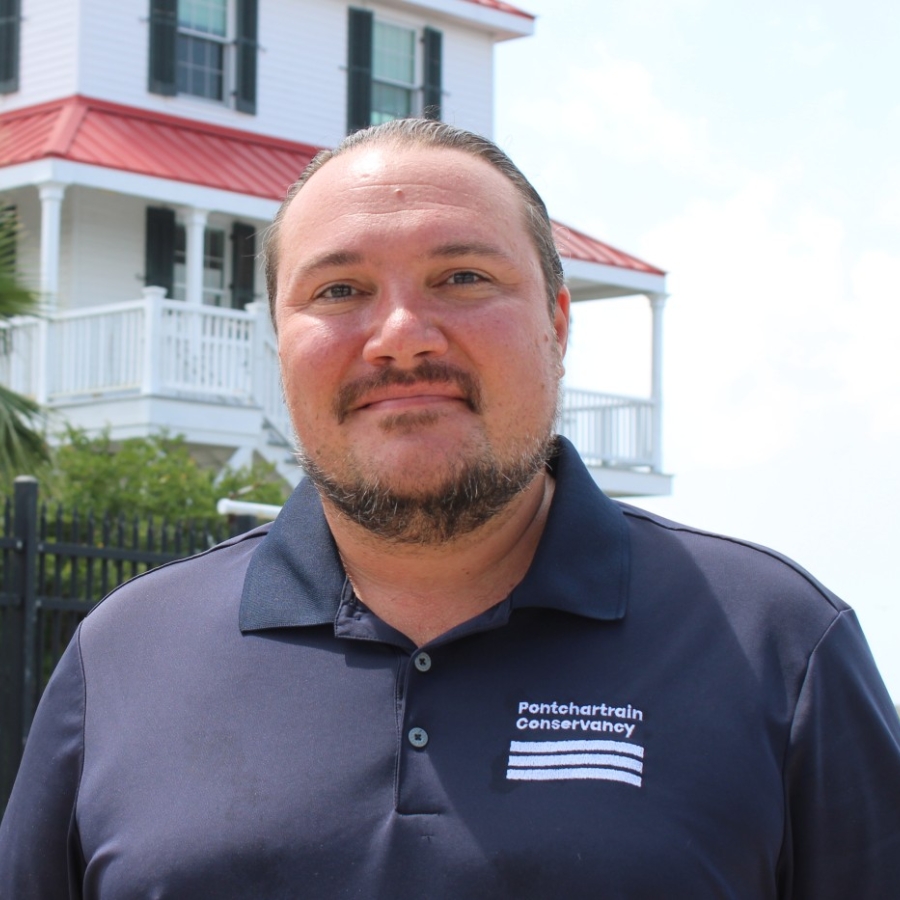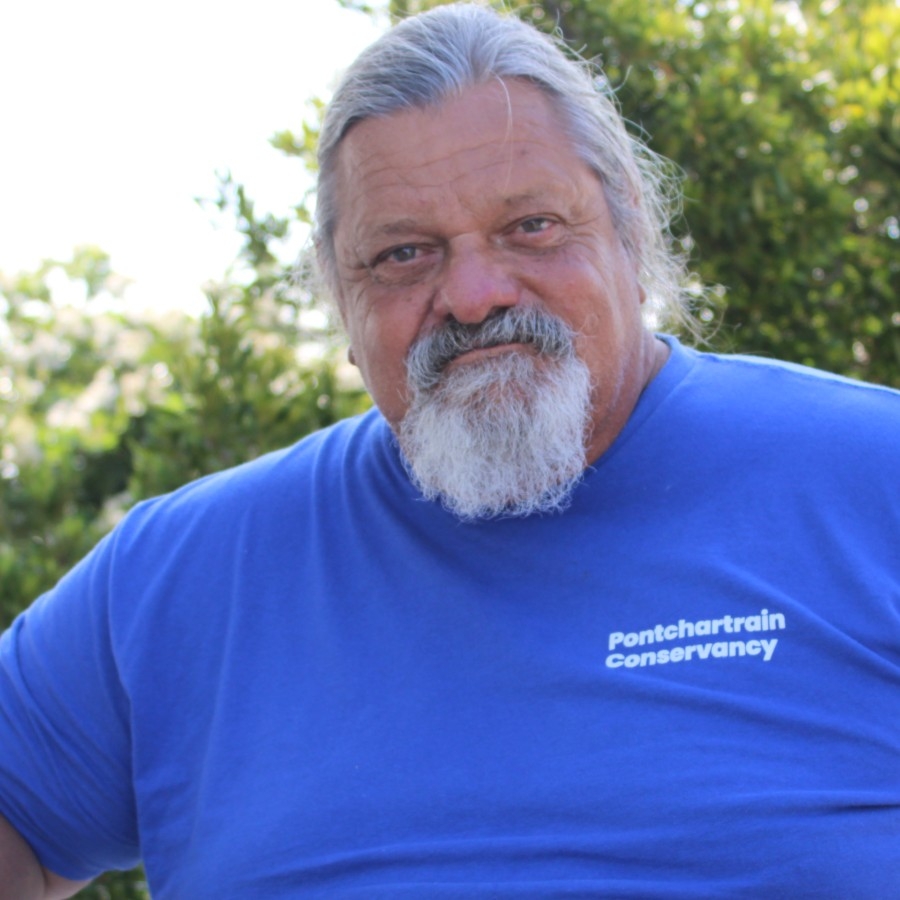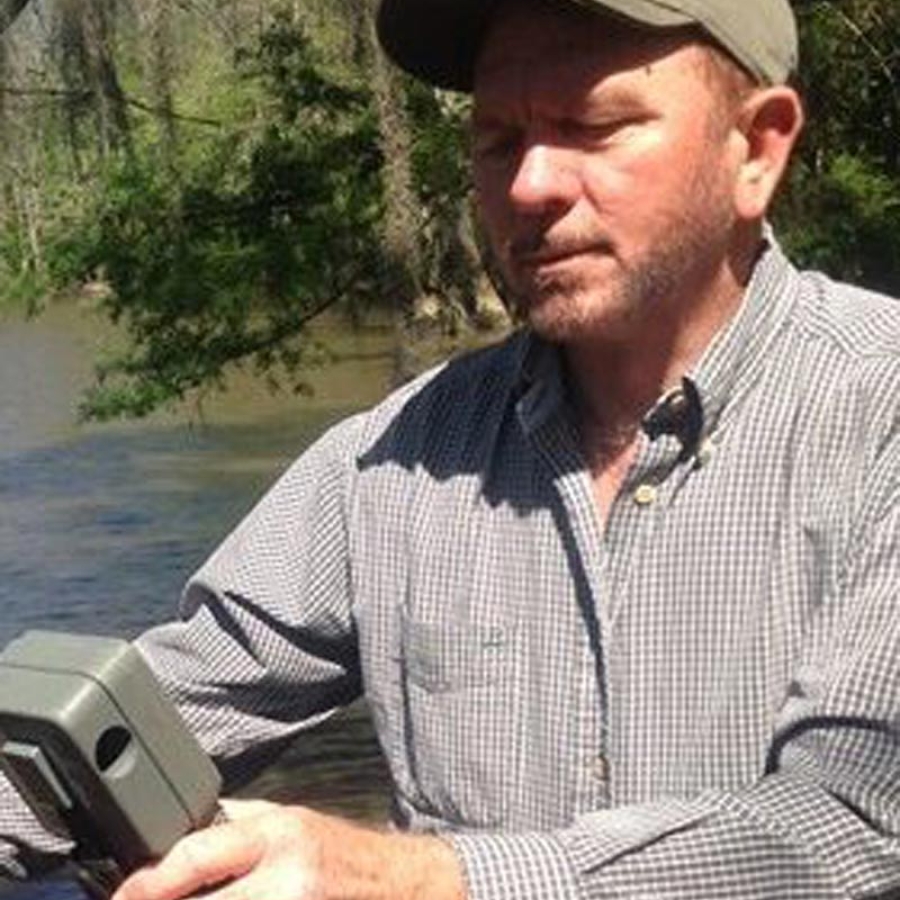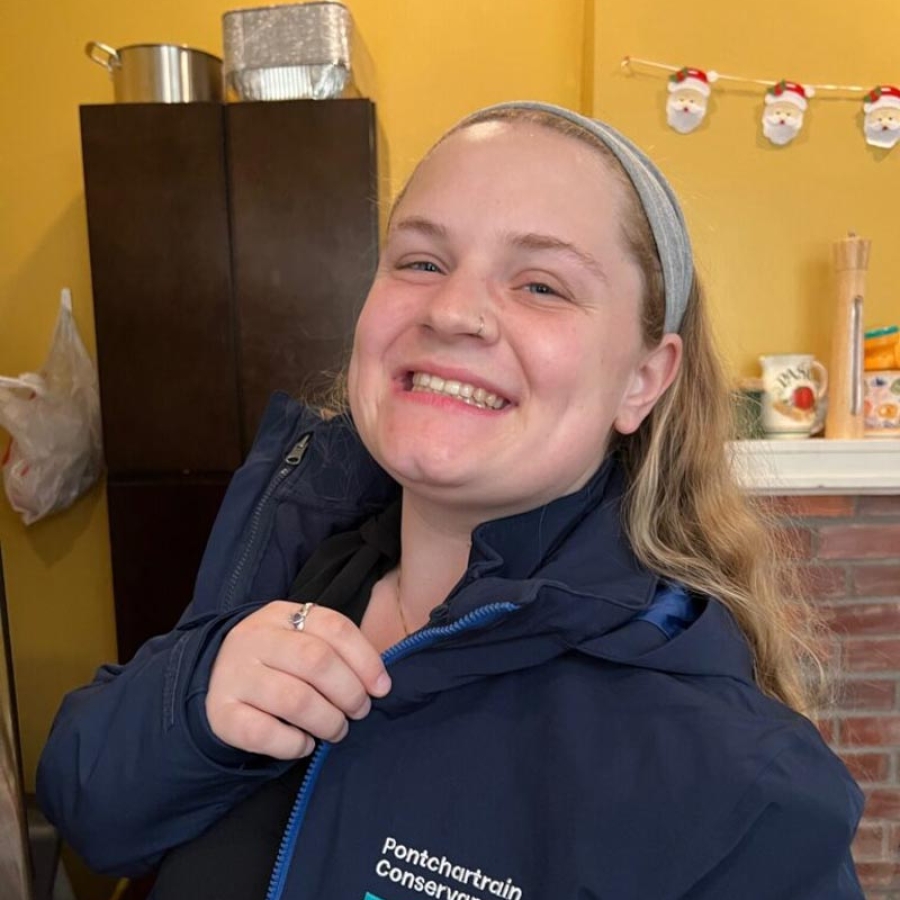Since 1989, Pontchartrain Conservancy has been a leading environmental advocacy organization dedicated to protecting the water, land, and the future of the sixteen parishes in the Pontchartrain Basin. Science informs everything we do.
Our Mission
Pontchartrain Conservancy's mission is to drive environmental sustainability and stewardship through scientific research, education, and advocacy.
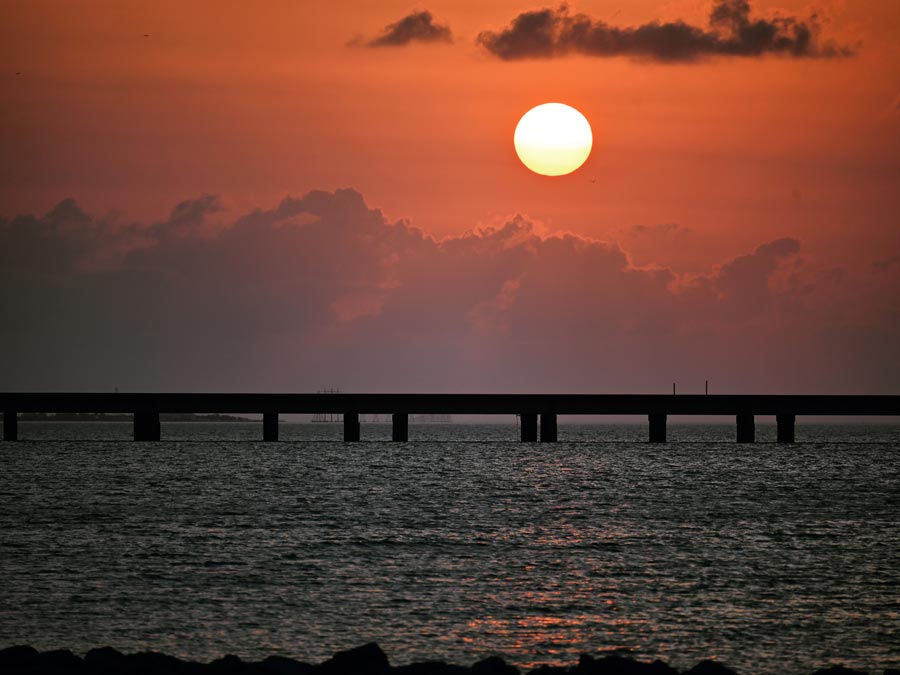
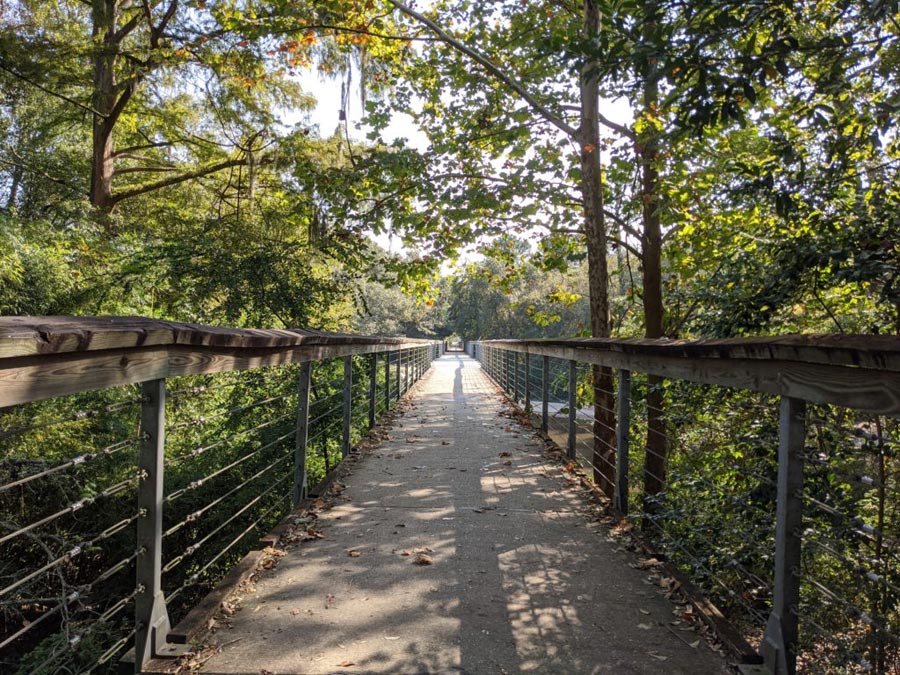
Our Vision
An environmentally sustainable, prosperous, and resilient region.
Our History
In 1989, a group of citizens and scientists voiced concern towards the region’s most pressing environmental challenges. This action led to the establishment of Lake Pontchartrain Basin Foundation (later Pontchartrain Conservancy), our sole focus being the health and prosperity of the lake and basin.

What We Do
Our mission is to drive environmental sustainability and stewardship through scientific research, education, and advocacy.
Research
We are the region's leading scientific research organization. Our work improves water quality, local education curriculum, and south Louisiana’s coastal integrity.
Education
We create innovative education programs for all ages throughout the Basin. Our Lighthouse is where science meets our community.
Advocacy
Our science is transforming environmental indifference, confusion and fear into understanding, advocacy and activism.
Our Work
Pontchartrain Conservancy’s programmatic areas work throughout the 16 parishes of the Pontchartrain Basin to advance our mission.Our Team

Kristi Trail
Executive Director

Domenica Antonucci
Office Manager

Ridgely Myers
Director of Operations
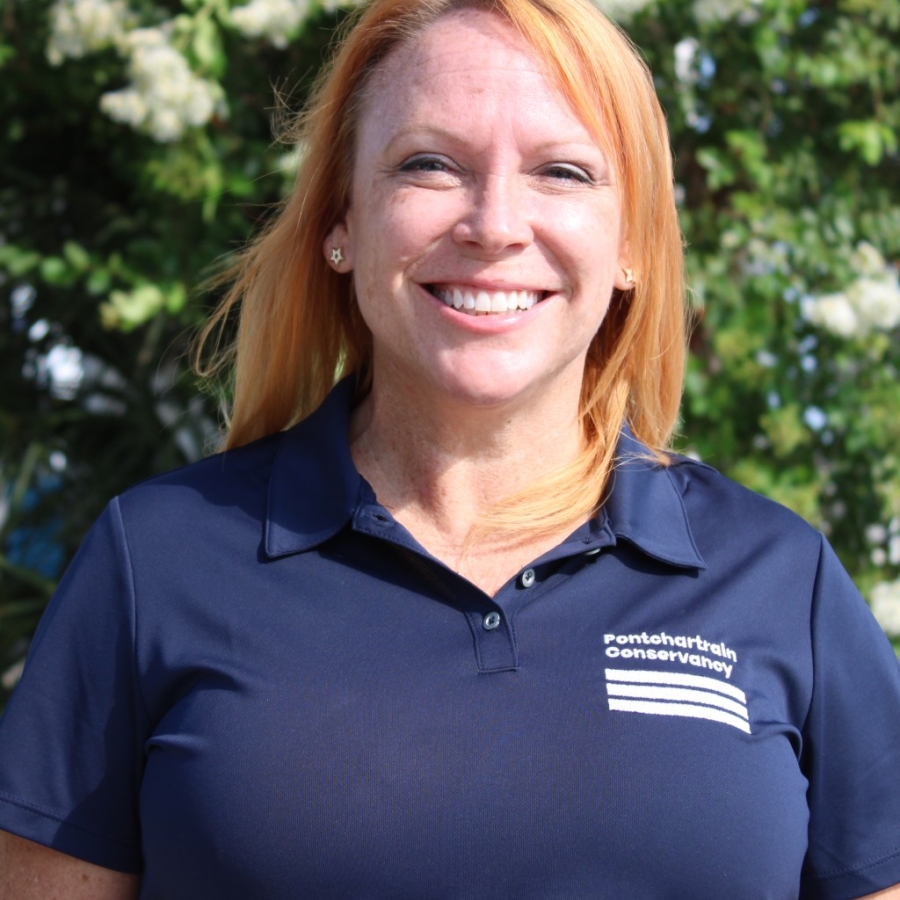
Holli Hamilton Lindsey
Director of Finance

Phillip Hutchins
Staff Accountant

Frank Martinez
Human Resources Director

Amie DeHarde
Staff Accountant

Katie Buc
Administrative Assistant Intern

Kimberly Cooke
Grants Manager
Our Values
Truth
Scientific fact drives everything we do. We are leaders of evidence-based science about the current and future state of our environment.
Integrity
Our actions are based on solid data and integrity. We are not swayed by politics or emotion. We stand behind our work and results.
Respect
Respect for the environment is essential to stewardship. We honor the contributions of all colleagues and stakeholders. True prosperity can be achieved when respect drives our motivations and actions towards the environment.
Collaboration
We believe true impact can only be accomplished through cooperation. Respectful partnerships compel trust in our work, and achieve sustainable results for the region’s environment.
Inclusion
All in the region should benefit from our environment. Including each other and all of our stakeholders in the work we do increases the potential for impact. We believe inclusive access catalyzes stewardship, drives accountability for the environment’s care, and leads to long term sustainability.
Our Board
Officers
Dickie Brennan
Chair
Natalie Robottom
Vice-Chair
Elizabeth Ellison-Frost
Secretary
Michael Kelly
Treasurer
Directors
Derek Bessler
Danielle Bourg
Lee Henderson
Brice Howard
Martin Landrieu
John Alden Meade
LaVerne Toombs
Danielle Bourg
Lee Henderson
Brice Howard
Martin Landrieu
John Alden Meade
LaVerne Toombs
Nick Trist III
Joni Tuck
Jennifer Armentor
Carl Britt
Zoila Osteicoechea
Robert Williamson
Joni Tuck
Jennifer Armentor
Carl Britt
Zoila Osteicoechea
Robert Williamson
Get Involved
Discover the many ways you can contribute to save Southeast Louisiana. Take part in a tree planting, aid in gardening and instruction at our Lighthouse, or giveback in other ways. We need you today!
Support Our Work
By supporting Pontchartrain Conservancy, you have the opportunity to help save the Louisiana you know and love. Your support enables us to build a sustainable, prosperous, and resilient region together.
